Google’s highs and lows in 2016
Google in 2016 was full of hits but also a few misses
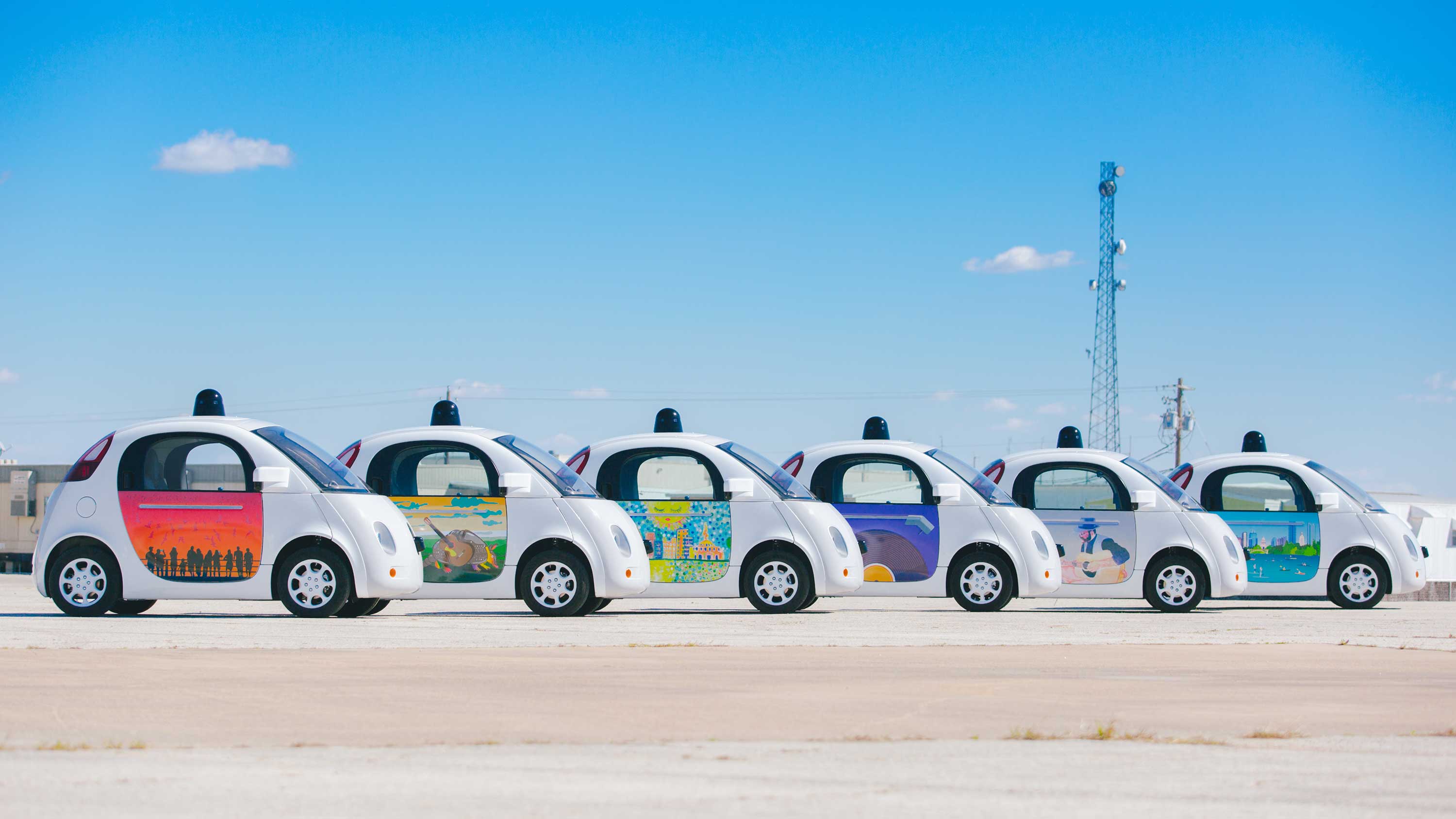
When you’re an organisation as big as Alphabet, Google’s parent company, you end up with fingers in more pies than Pokey Pete the Pie Poker - and inevitably some of those pies will turn out to be more tasty than others.
This year saw a whole bunch of Google-branded hardware, a major update to Android, an ill-conceived April Fool and the usual tussles with regulators.
These were the highs and lows for Google in 2016...
The Highs... Android N

The reviews are unanimous: Android 7, aka Android Nougat, is the best version of Google’s mobile OS yet. It isn’t a dramatic reboot of the OS, but it doesn’t need to be: by refining what was already a very impressive operating system, Google has delivered a version of Android that’s smoother, more efficient and more visually pleasing than ever before.
Google Now has become the even more useful Google Assistant, the lag that plagued some animations is gone, split-screen multitasking is no longer something only some manufacturers offer and the battery management is better too. There’s also support for Daydream, Google’s platform for mobile VR. It’s too early to decide whether Daydream is any good, but it’s certainly got lots of potential.
Google Pixel and Pixel XL

The Nexus is no more. Google’s own-brand smartphones are now the Pixel and Pixel XL. Pricing aside, they’re great devices: we called the Pixel “a breath of fresh Google air” and the Pixel XL an iPhone 7 killer. The timing’s good too, because Apple’s annoyed some iPhone fans by removing the headphone jack (and in the UK, upping the price quite considerably thanks to the weak pound) while Samsung’s exploderizing Galaxy Note 7 has done significant damage to the Samsung brand. If only there were another premium phone that had a headphone jack and doesn’t go on fire.
Apple- and Samsung-baiting aside, the Pixel represents a change of focus for Google and its phones: rather than go for volume, as it did with most of the Nexus range, it’s going for the premium market and attempting to offer the ultimate Android experience.
Sign up for breaking news, reviews, opinion, top tech deals, and more.
Google Home
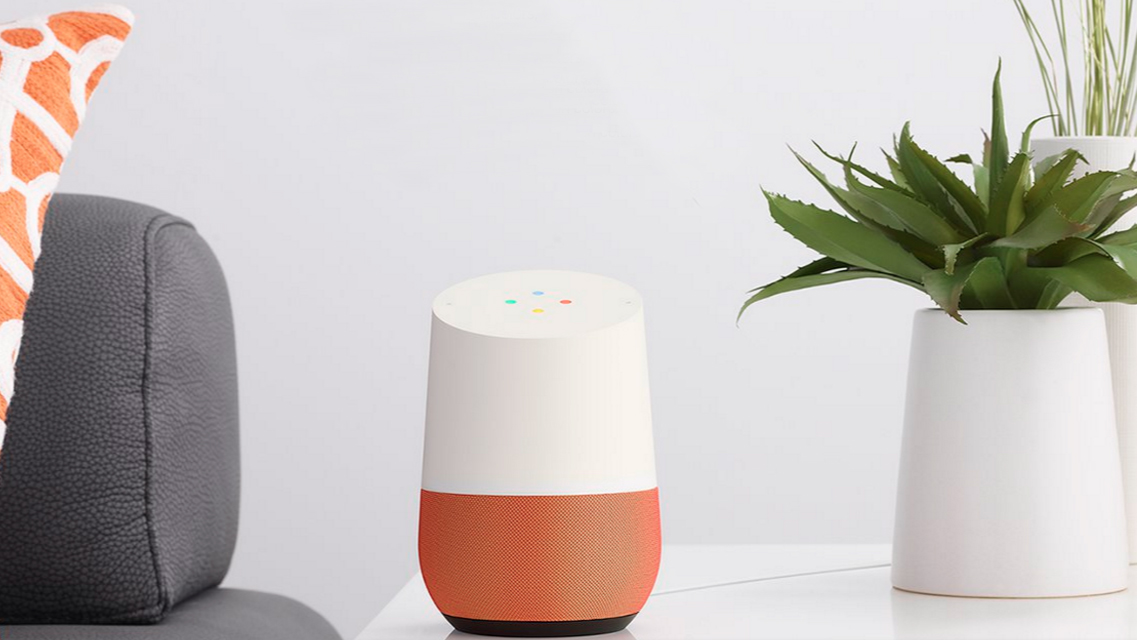
Google came relatively late to the smart home market - previously it had concentrated on acquiring smart home firms such as Nest, and then doing pretty much nothing with them - but this year saw the launch of Google Home.
We like it a lot, and while there are plenty of things that it could do better it’s both wildly intelligent and supremely versatile - provided you phrase your commands carefully. The same Google Assistant that’s so great in Android Nougat works very well as a home automation assistant, and while it completely ignores you if it decides you haven’t used the correct words that’s something that currently plagues all voice-powered hubs.
The ability to both receive and send Google Cast video and audio is particularly good, so you can ask it to show a programme or movie and it’ll appear on your Chromecast-compatible TV.
Chromecast Ultra
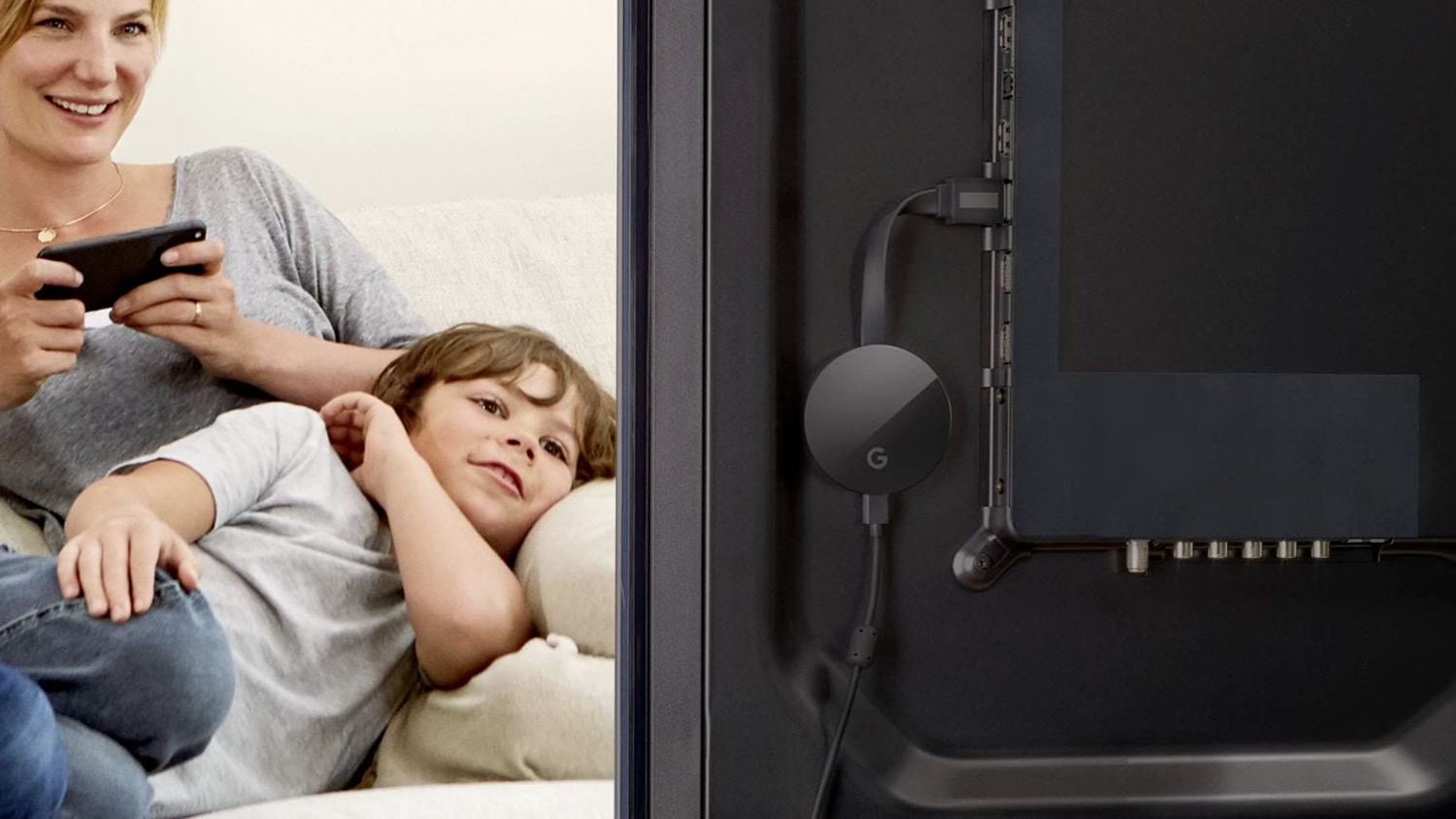
media streamer and ups the resolution to a mighty 4K. At just $69 (£69 or about AU$90) that makes it far and away the best value 4K streamer for your home, and that more than compensates for the lack of a dedicated Amazon app.
It has an Ethernet port for homes where the Wi-Fi struggles to stream quickly enough, it has optimised hardware to deliver better quality with smoother streaming, and it’s a superb add-on for any TV whose supposedly smart software has you swearing at the screen. It’s just a shame that it doesn’t have a remote: everything needs to go through the Google Home app on your phone or tablet.
Allo, Duo and Google Assistant
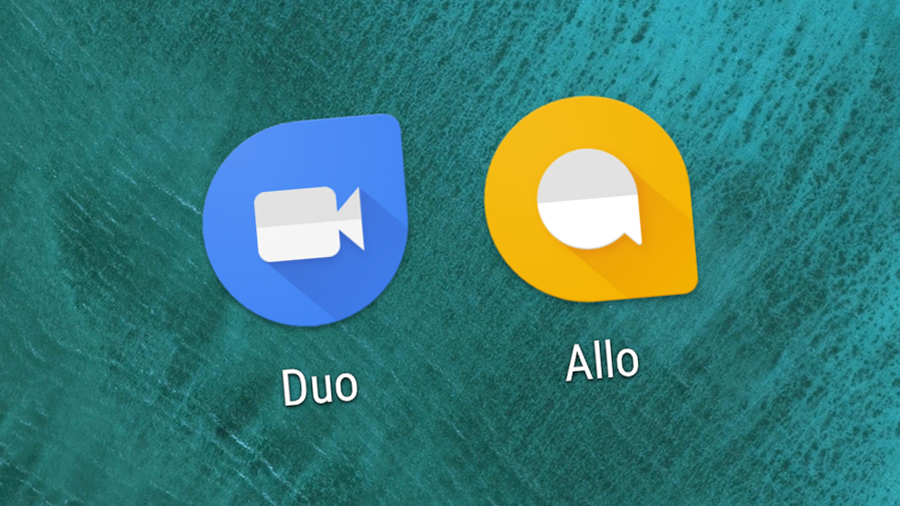
Allo and Duo are Google’s new chat and video chat apps respectively, and Google Assistant is the replacement for/rebranding of Google Now. The combination of Allo and Assistant is particularly interesting, because Assistant has effectively become a chatbot - so you can talk to it, ask it questions and get automatically generated replies. Google has said that in the longer term the three apps will work even more closely together, so for example you’ll be able to launch a video chat from within Allo or a text chat from Duo and control it all via Google Assistant.
With the Google Assistant now in Android, in Google Home and inside its chat apps, it’s clear that it’s going to be a very big part of how we access Google’s services and data in the years to come.
The Lows... Android Wear

Things aren’t looking too promising for Google’s wearable efforts: not only has it delayed the launch of Android Wear 2 into 2017, but it seems that key partners are losing their enthusiasm. According to Lenovo Moto, the company formerly known as Motorola Mobility, there are no plans for another Moto smartwatch: the company’s Shakil Barkat says the firm doesn’t “see enough pull in the market” to make a new smartwatch worth doing.
“Wearables do not have broad enough appeal for us to continue to build on it year after year.” Huawei and LG have made similar decisions. Here’s hoping Android Wear 2.0 reassures them that the platform has a future.
Mic Drop

Google is famous for its April Fool pranks, but this year’s one didn’t get the reaction Google hoped for: Mic Drop, which attached a minion from the film of the same name dropping a microphone to your email, was too easy to hit by accident. Cue furious Gmail users who’d accidentally mic-dropped the boss; one user posted on the Gmail help forum said that accidentally doing so got him fired.
Others accidentally sent the mic drop to business contacts. It didn’t take long before Google realised that it had dropped the ball rather than the mic, and it swiftly disabled the feature altogether.
The EU
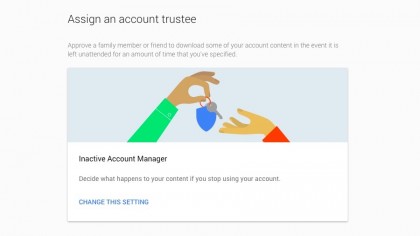
This year, Google News was dominated by the debate over whether the UK should leave the EU - but Google had its own EU issues to worry about. In November it formally rejected EU charges of anti-trust behaviour, claiming that the accusations had no factual, legal or economic basis.
The European Commission is considering its response, but that response is unlikely to be favourable: with Google having near-total market share in search in many parts of Europe, the Commission is likely to continue with its action. That action could land Google with multiple fines of as much as $7.4 billion per charge.
Self-driving cars
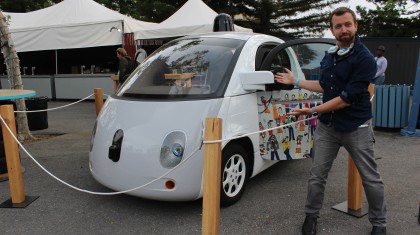
In December, Google’s parent company Alphabet announced the launch of a brand new division: Waymo. It’s taking over the self-driving cars project, and it won’t be making cars: according to Waymo head John Kfrafcik, “We’re not a car company… we’re not in the business of making better cars. We’re in the business of making better drivers.”
It’s not entirely clear how Waymo intends to do that, although its fledgling partnership with Fiat Chrysler may be a key part of the self-driving future. Where Google was the first firm to really get autonomous vehicles out of the labs, Waymo faces a much more crowded market.
Fake news
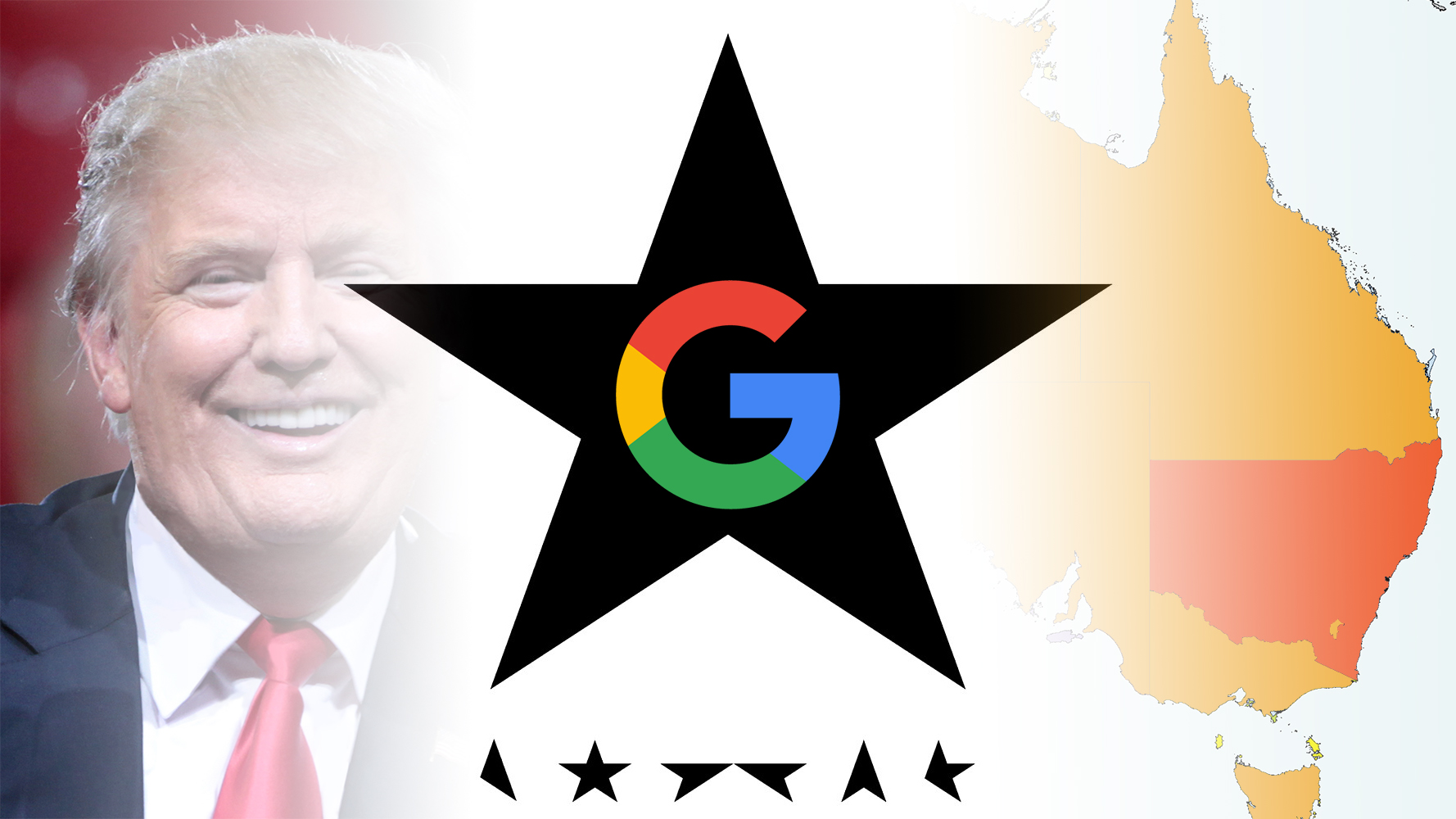
In the aftermath of Donald Trump’s victory in the US presidential elections, Google (and Facebook) faced intense criticism over the way they handle fake news, aka propaganda. Google’s autocomplete feature attracted particular criticism: if you typed “are Jews” or “are women”, the suggested results included “evil”; for muslims, the suggestions included “bad”.
Google has changed those, but it still links to Holocaust denial sites: if you ask google “did the Holocaust happen”, the first result comes from the neo-nazi website Stormfront. For now Google says it isn’t going to change its algorithms to prevent such results from being prioritised, but political and media pressure may soon persuade it otherwise.

Contributor
Writer, broadcaster, musician and kitchen gadget obsessive Carrie Marshall has been writing about tech since 1998, contributing sage advice and odd opinions to all kinds of magazines and websites as well as writing more than twenty books. Her latest, a love letter to music titled Small Town Joy, is on sale now. She is the singer in spectacularly obscure Glaswegian rock band Unquiet Mind.